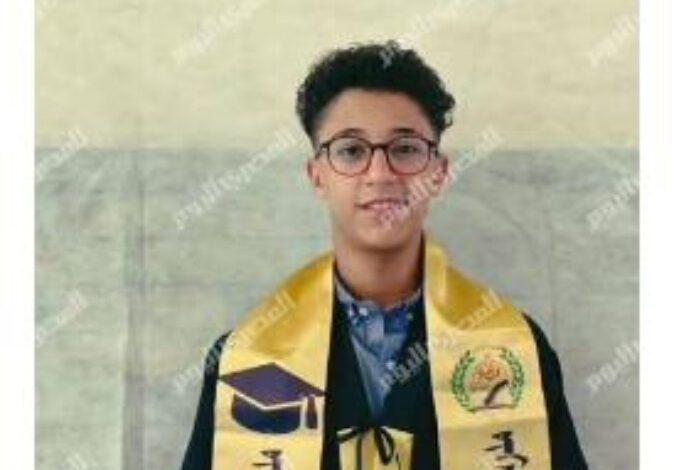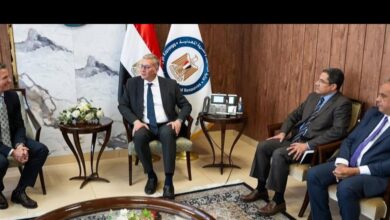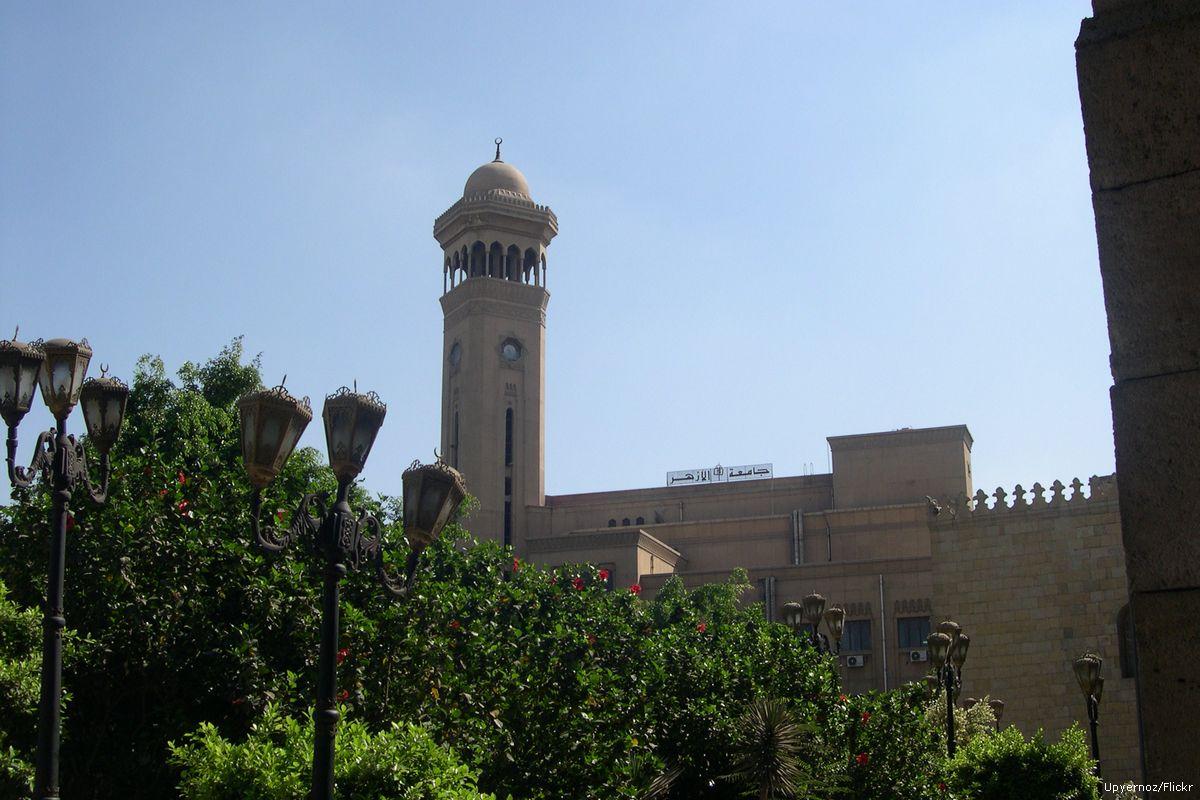
Ibrahim Reda, a star student at the top of his class in the second year of his secondary school, never expected that an ordinary afternoon of a math session would end up derailing his life.
He was standing outside his classmate’s house in the Kaabish area of Faisal in Giza, waiting for the tutor to arrive, when he saw a landlord assaulting one of his classmates over an old dispute between his classmates and a Sudanese woman living in the opposite building.
The 15-year-old tried to intervene to break up the fight, he recalled.
In an instant, the man pulled out a knife and stabbed Reda in the left arm, before his nephew rushed towards Reda and stabbed him again in the back.
What had started as an attempt to stop a fight ended in bloodshed and screaming, according to eyewitnesses and the victim’s mother.
Today, Reda sits in his room, barely speaking. He runs his fingers over the stitches, asking his mother each time, “What did I do to deserve all this?”
His mother, Shaimaa Salah, a specialist in communication skills development and autism therapy, is torn between anger and fear.
She holds up his torn shirt, pointing to bloodstains that haven’t yet been washed out, and says, “This t-shirt is a witness to what happened, to the moment I could have lost my son.”
From early on, Reda was different from his peers.
His mother recounts, with a brief smile that hides deep bitterness, “My son is now in his second year of high school, and he was first in the country in middle school, scoring 280 out of 280. And in his first year of high school, he was also first in his school.”
He loved sports as much as he loved books, says Salah, as she opens her phone to look at his old photos: “Because of his excellence in swimming, he became a junior coach at the academy where he trained, even though he was still a child.”
She added that his whole time was spent between school and the club; he wasn’t involved in any problems or fights.
But fate had other plans for him, his mother laments, involving violence that crept in from where no one expected,
On the Wednesday before last, Reda was supposed to participate in a swimming championship at the Giza governorate level.
He excused himself from a lesson with his math tutor, who was giving him a session at a classmate’s house near his home.
“The tutor agreed because of the tournament,” the mother said, before sighing, “And on the same day, a fight broke out between some of the students and a Sudanese woman who lives in the building across from the tutoring place.”
Reda was standing downstairs waiting for the tutor when he saw the owner of the building where the Sudanese woman lived grabbing his friend Abdel-Rahman by the neck and strangling him.
His mother said, “My son told him, ‘Shame on you, uncle, leave him alone.’”
But the man didn’t listen; instead, he pulled out a knife and stabbed him in his left hand. “And in a second, his nephew came with a box cutter and stabbed my son in the back,” the mother sorrowfully explained.
“I heard a loud knocking on the door. I opened it and found my son, his clothes covered in blood, and his hand badly cut,” says Salah, recounting the scene as tears welled up.
She adds, “I quickly took him to al-Haram General Hospital, and the doctors stitched up the wounds on his elbow and back. They told me, ‘Thank God, the blow didn’t hit a vital area.’”
After he received first aid, Salah went to al-Haram police station to file an official report: “I told the officer everything that happened, showed him the medical report, and demanded my rights according to the law, because my son didn’t do anything wrong.”
The mother explains that the attacker didn’t know him personally, but had harbored a long-standing grudge against the students who attended the tutoring sessions: “The man who stabbed my son was angry at all the students because a week earlier there had been a fight between them and a Sudanese woman who lives in his building.”
Trying to hold back her tears, Salah says: “My son wasn’t there at the time; he was at a swimming competition. But when he came back, he went to his session as usual. As soon as the man saw him standing outside the building with his friends, he thought they were part of the same group that caused the trouble, so he grabbed his friend by the neck, and when my son tried to intervene, he stabbed him with a knife.”
“My son was punished for someone else’s mistake. He didn’t know the person who did this, nor had he ever seen him before,” she lamented.
She says that since the day of the incident, everything in the house has changed: “My son is silent all the time, he doesn’t laugh, and he doesn’t meet his friends anymore,” says Salah, looking at him sleeping in the next room.
“He keeps asking me, ‘Mom, what did I do to deserve all this? I was just defending my friend.'”
She tried to convince her son to return to school or even to the club, but he refused.
“He tells me, ‘I don’t want to see people; every time I go out, I get scared”.
The mother describes her son as living in a “room of silence,” only leaving it at night, sitting on the balcony watching the cars pass by, as if trying to understand what happened to him.
Security forces in Giza Security Directorate are intensifying their efforts to apprehend the perpetrators of the incident. A force from the al-Haram police station went to examine the surveillance cameras, conduct the necessary investigations, and interview eyewitnesses.
The Public Prosecution was also notified to begin its investigations.
Edited translation from Al-Masry Al-Youm




